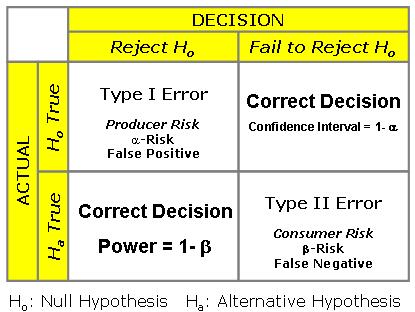How to State a Statistical Hypothesis

A statistical hypothesis is a testable statement which is proposed by a researcher to prove a phenomenon. In scientific research, stating a statistical hypothesis is very important as it provides the base for the researcher to conduct the study. It explains the phenomenon which can be testified by collecting and analysing data. There are basically two forms of statistical hypothesis namely alternate and null hypotheses. If the alternate hypothesis proves out to be correct it means that the researcher has proven his or her point of research. On the other hand, if null hypothesis is proven right, it means the researcher needs to make some changes in the study. You need to follow some specific guidelines in order to state a statistical hypothesis.
Instructions
-
1
First, you have to develop a research question. A research question provides the initial information about your research and gives you the necessary base to start off with your work. Then, you have to review the literature which will include the work done by scholars on a particular topic in the past. After that, you will have to develop your own theoretical framework in which you will mention the dependent and independent variables. Besides, you will have to express the relationship between your variables. Then, you will be able to state your statistical hypothesis which can later be tested by analysing the data.
-
2
Your statistical hypothesis must contain a statement which you can test with your research. The researchers develop two hypotheses (alternate and null) in order to make the possibilities mutually exclusive and exhaustive. The sign used for alternate hypothesis is H1 and null hypothesis is represented by H0.
-
3
You must also know the type of research which you are conducting. For instance, if you are conducting correlation study then your hypothesis will express the correlation between the variables. In contrast, if you are conducting a causal research, your hypothesis must express the causal relationship between the dependent and independent variables.
-
4
For example, if you are conducting research on the topic of Motivational Factors and Teacher's Performance in Higher Education and your independent variables include financial incentives and opportunities for higher education while your dependent variable is teacher’s performance in the classroom. Your alternate hypothesis can be ‘Financial incentives leads to higher performance of teachers in the classrooms’. Contrarily, your null hypothesis can be ‘Financial incentives leads to decrease in the performance of teachers in the classroom’.







